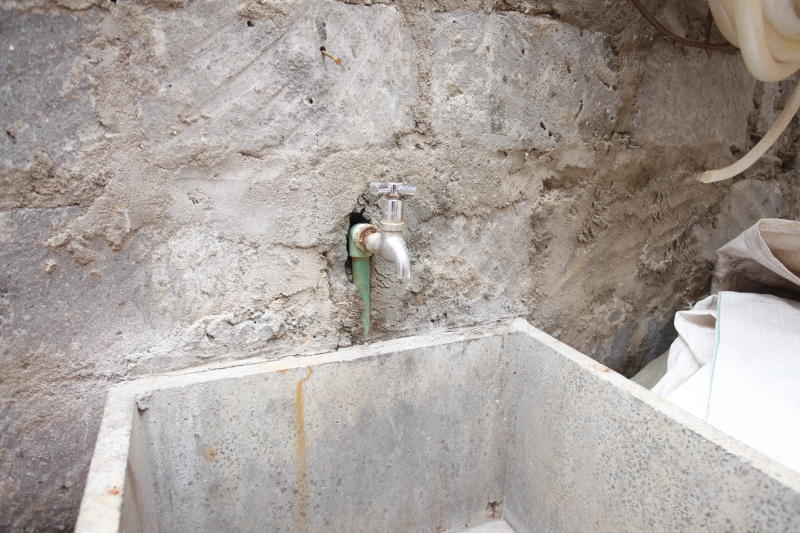×
The Standard e-Paper
Home To Bold Columnists

As the scarcity of water escalates in and around Nairobi, residents of Kitengela, an offshoot of the city, are outraged by a company that has been billing them yet their taps are dry.
Export Processing Zone Authority has drawn the wrath of the thirsty residents for using over Sh30 million to construct a water tank and other infrastructure, which is of no use to them.